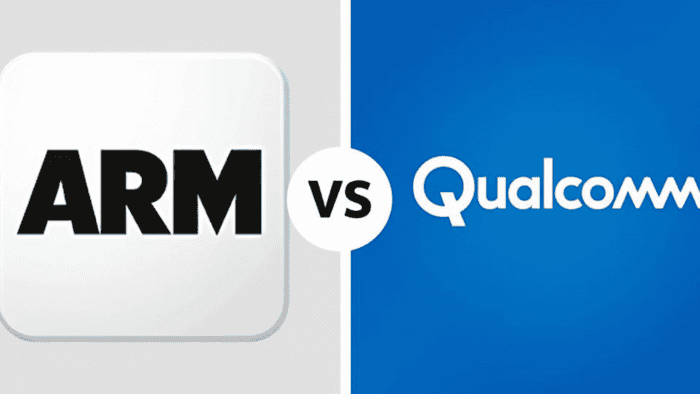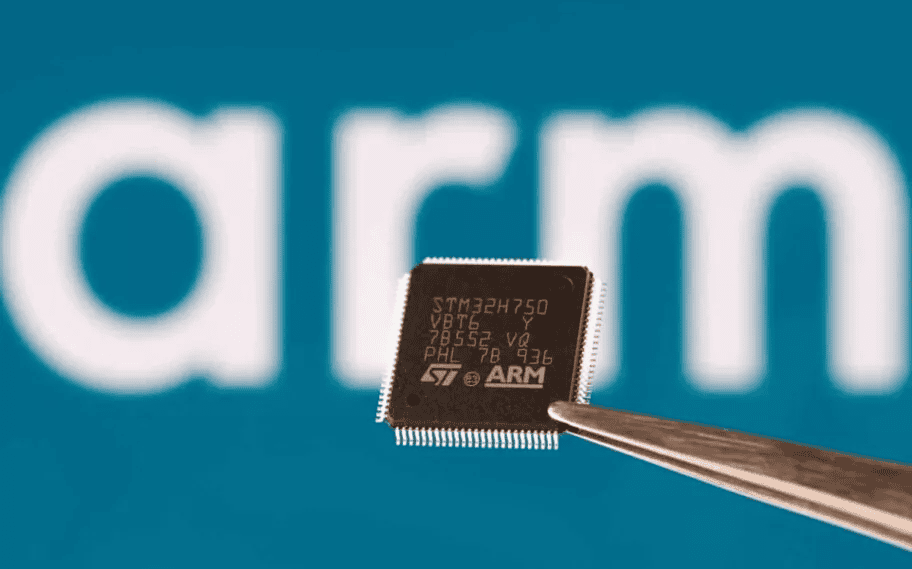ArmnewsQualcomm
Qualcomm Ensures Partial Win in Licensing Battle Against ARM
Marco Lancaster
December 23, 2024

This week, a jury ruled partially in favor of Qualcomm in its legal battle with British chipmaker Arm. The case focused on claims that Qualcomm broke a licensing agreement after it bought Nuvia Inc. for $1.4 billion in 2021. Arm said Qualcomm used Nuvia’s technology without agreeing to higher licensing fees.
According to the Jury Qualcomm didn’t violate licensing agreement with ARM
The jury found that Qualcomm did not violate its licensing agreement with Arm and that its Snapdragon chips are properly licensed. However, the jury couldn’t agree on whether Nuvia broke its separate licensing deal with Arm. Because of this, the judge declared a mistrial on that issue. Arm plans to ask for a new trial, but the judge warned it might not lead to a clear win for either side. She recommended mediation instead.
Join GizChina on Telegram
Arm doesn’t make chips itself. Instead, it designs them and creates software for them, which it licenses to companies like Qualcomm. Many of Qualcomm’s Snapdragon chips rely on Arm’s technology and power some of the world’s top smartphones, including devices from Samsung, Huawei, and Redmi.

Qualcomm welcomed the decision, saying, “The jury has confirmed our right to innovate. Our products are protected by our contract with Arm. We will continue creating world-class products for consumers with our custom Oryon ARM-compliant CPUs.”
The conflict escalated in late 2024. In November, Arm sent Qualcomm a 60-day notice to cancel a key licensing agreement. This license lets Qualcomm develop chips using Arm’s designs. If the cancellation had been enforced, it could have disrupted the smartphone industry, as Snapdragon chips are widely used.
Both companies now face a choice: continue their legal fight or resolve their dispute through negotiation. The decision could have lasting effects on the tech industry. For that reason, we will keep an eye on any news regarding this matter.
Disclaimer: We may be compensated by some of the companies whose products we talk about, but our articles and reviews are always our honest opinions. For more details, you can check out our editorial guidelines and learn about how we use affiliate links.
Source/VIA :
PCMag